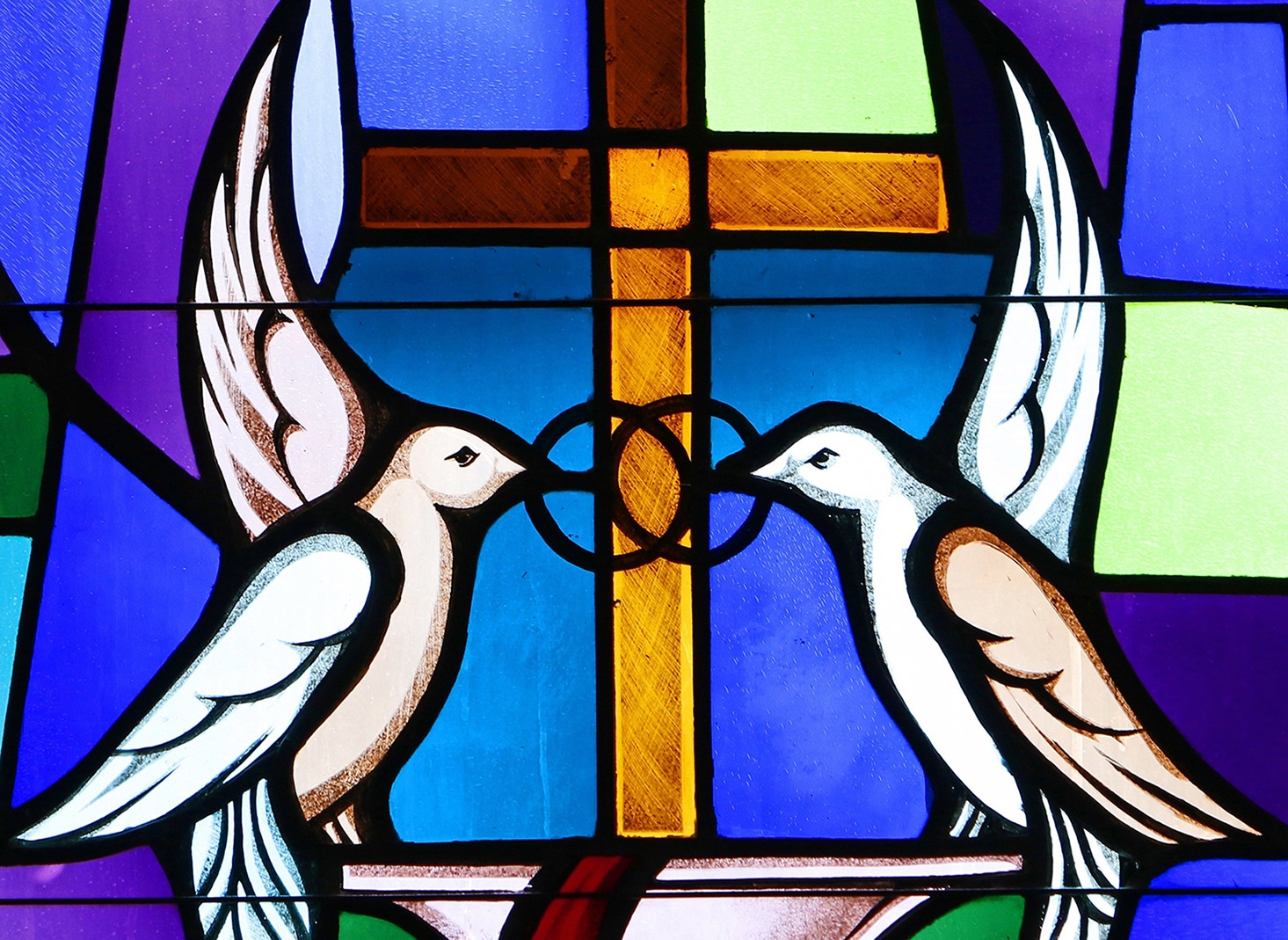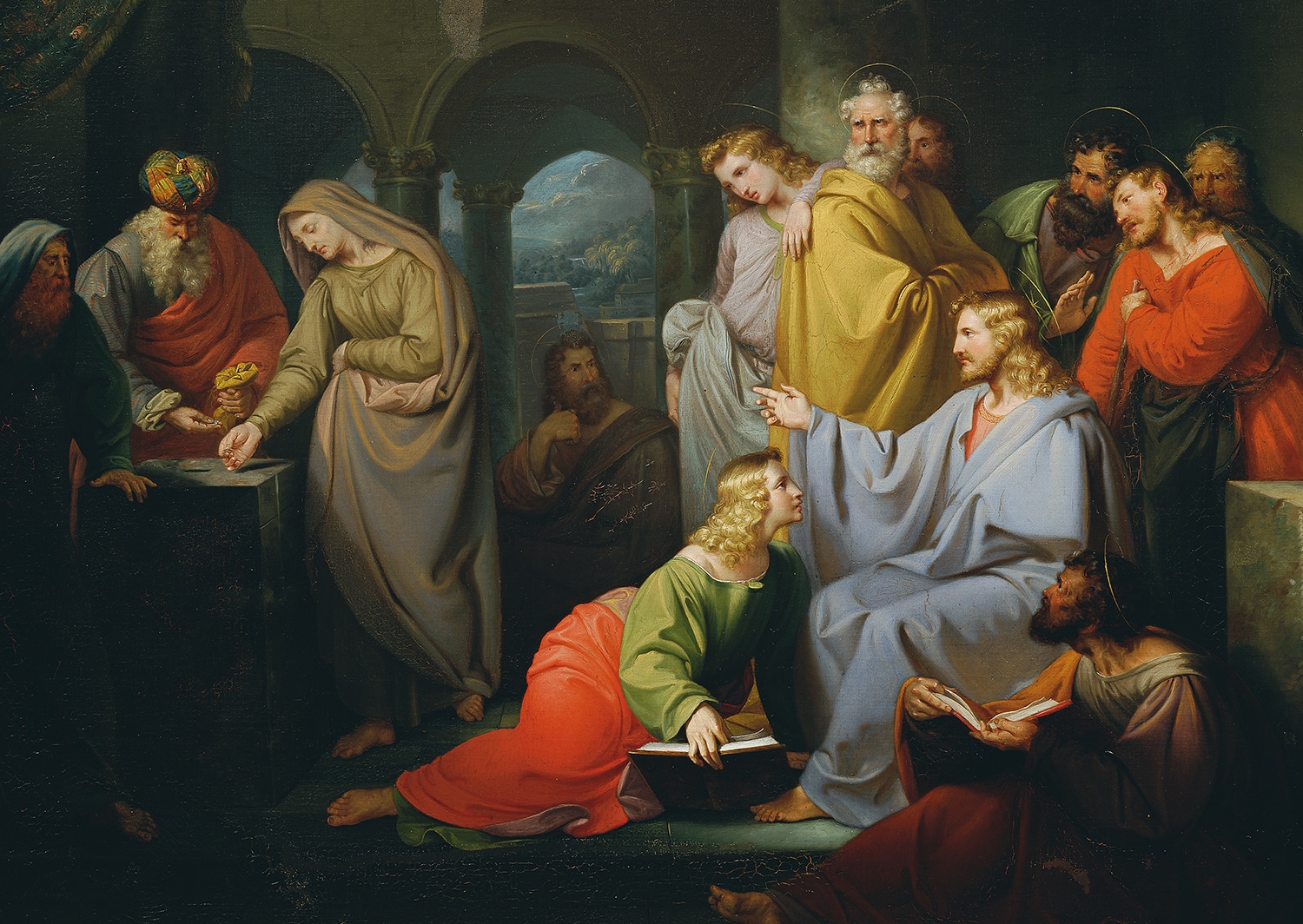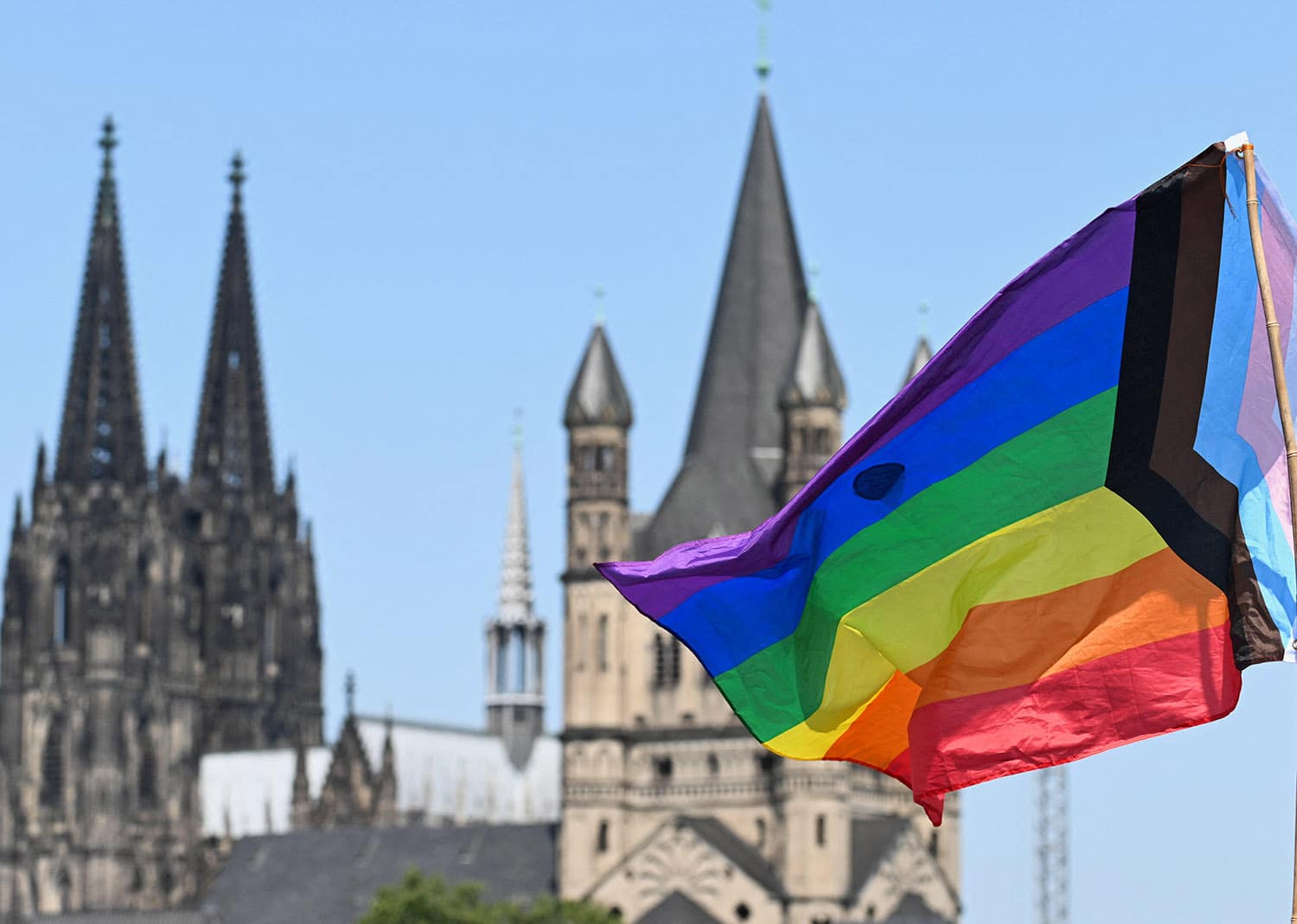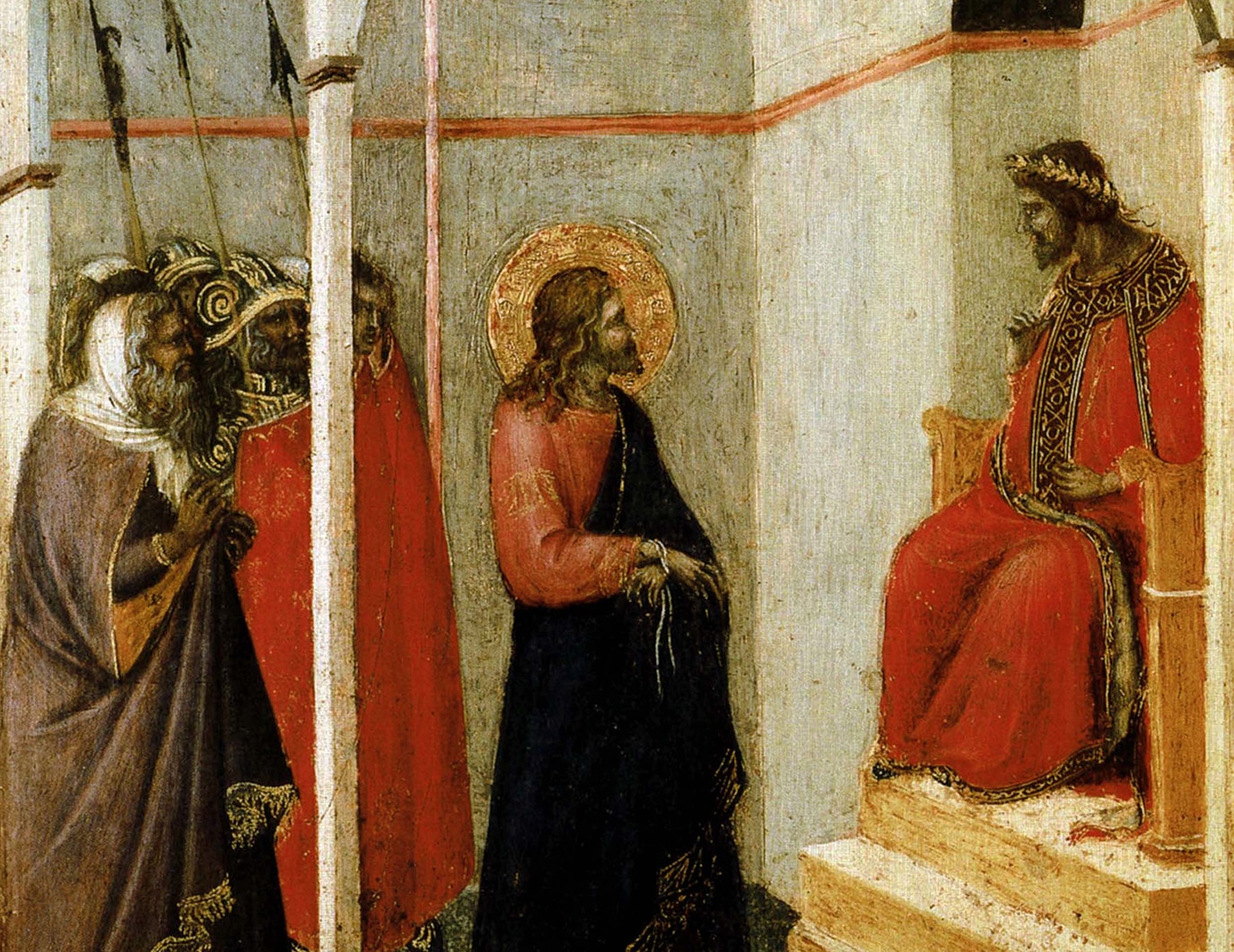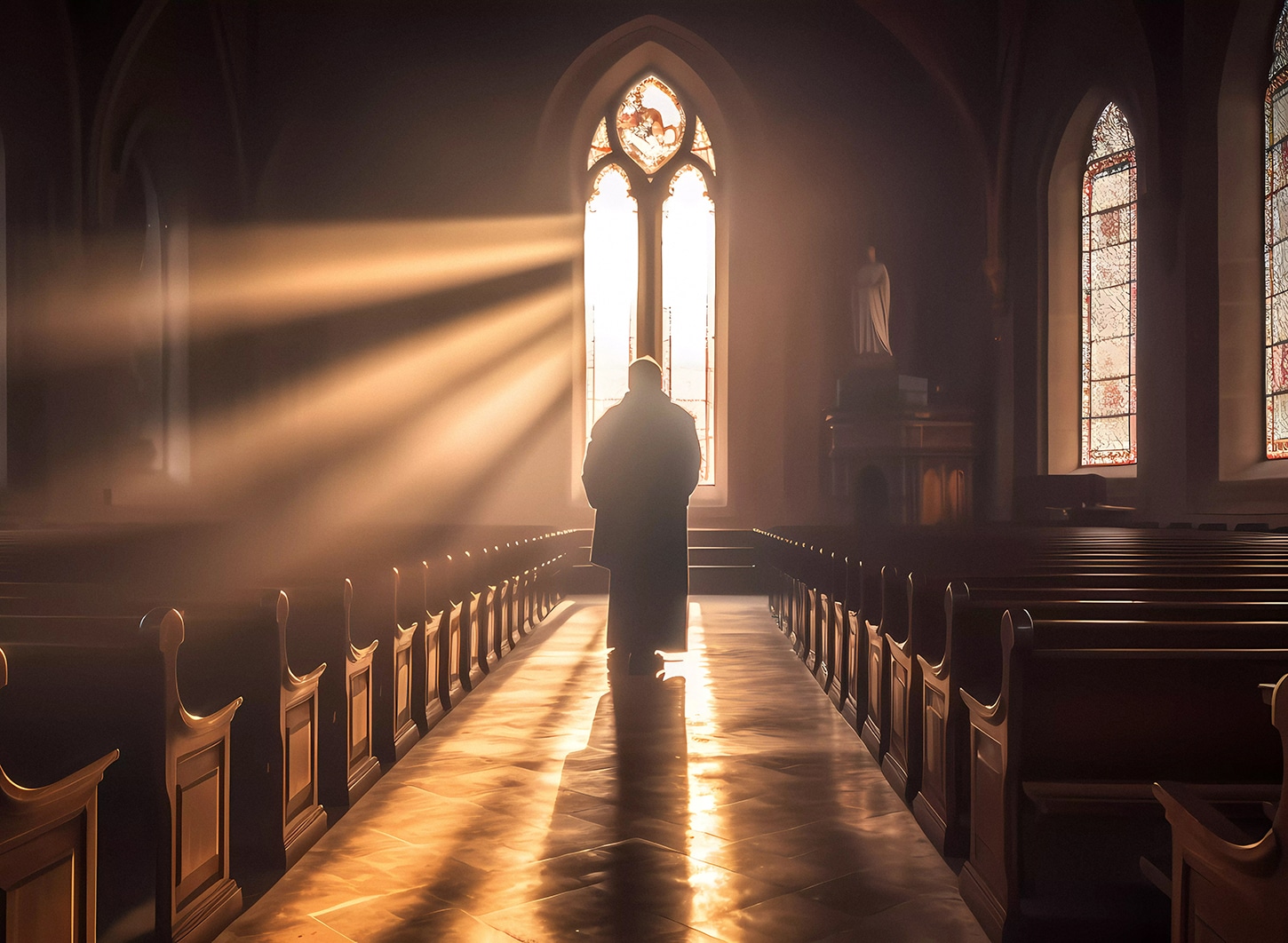Question: Please describe how Jesus established the Sacrament of Marriage.
— Deacon Paul VanHoudt, Erie, Colorado
Answer: Jesus did this in two ways: through his own teaching during his public ministry, also, by speaking through his apostle, St. Paul; and, because Jesus continues to speak through his Church, marriage as a sacrament has continued to be reaffirmed from the earliest days until now.
At the Sea of Galilee during the Sermon on the Mount (Mt 5:31-32), and at Bethany by the Jordan River (Mt 19:4-6), Jesus forbids divorce and remarriage. He does this by speaking of marriage as a work of God and not merely a man and a woman. As such, he elevates what may have been thought a merely natural union to the supernatural. Consider his words from Matthew 19: “Have you not read that from the beginning the Creator ‘made them male and female,’ and said, ‘For this reason a man will leave his father and mother and be united to his wife, and the two will become one flesh’? So, they are no longer two, but one flesh. Therefore, what God has joined together, no human being must separate” (Mt 19:4-6).
Note, then, that the Lord Jesus insists that a valid marriage is a work of God. In Matthew 19, Christ is not content merely to quote Genesis 1:27 in reference to a man leaving his parents and clinging to his wife, the two becoming “one body”; he adds that this is what God has joined together and that no one may divide. In so doing, it may be reasonably concluded that he has elevated marriage to what the Church would later call a “sacrament.” Sacraments are outward signs, instituted by Christ to give both sanctifying and particular graces to us.
Marriage established ‘in the Lord’
Christ also speaks through his apostle St. Paul, who insists that marriages be established “in the Lord” (1 Cor 7:39). He also proclaims that such marriages are indissoluble (cf. 1 Cor 7:10). Most especially he treats marriage as a sign of Christ’s union with his Church and says of holy marriage, “This is a great sacrament” (Eph 5:32). While many modern translations say, “This is a great mystery,” the two words mean the same. In the Eastern Churches, the sacraments are called the “mysteries.” Sacramentum is the Latin translation of the Greek word mysterion. Henceforth, marriage was and is considered a sacrament. As early as the second century, Church Fathers such as Ignatius of Antioch, Tertullian and others distinguished Christian marriage as a sacrament not to be confused with secular understandings. St. Augustine in the fourth century also defended marriage as a sacrament against the Manicheans, who denied it was such. The Council of Trent, teaching against Luther and other “reformers,” anathematized those who taught that marriage was not a sacrament. Pope St. Pius X also condemned modernist notions that doubted marriage was a sacrament. The Catechism of the Catholic Church states clearly, “this covenant between baptized persons has been raised by Christ the Lord to the dignity of a sacrament” (No. # 1601).
In summary then, the Lord has spoken and continues to speak of holy matrimony as a sacrament among the baptized. Even among those who are unbaptized, the Church respects these as natural unions that still require stability and union in accord with Genesis 1:27.

